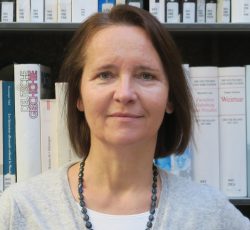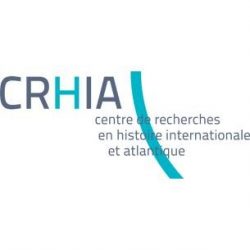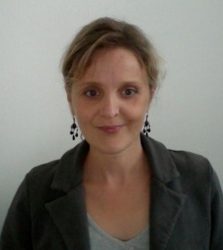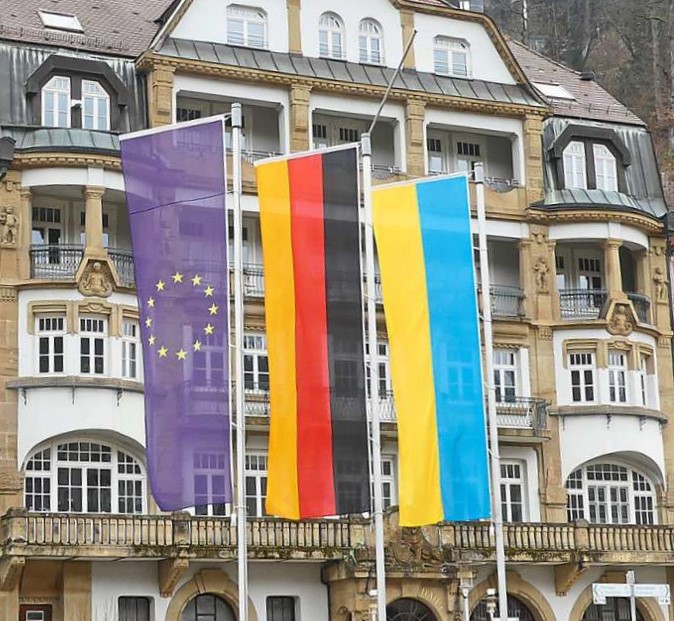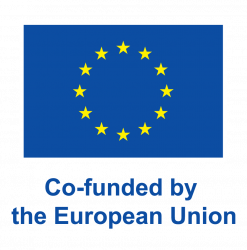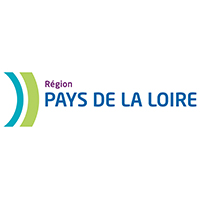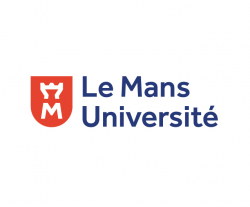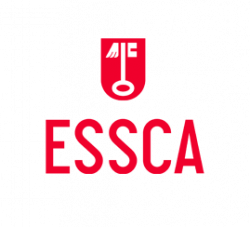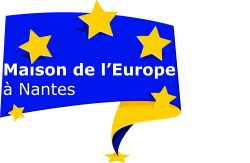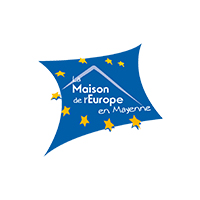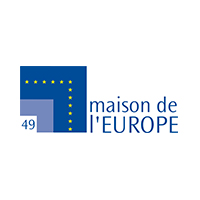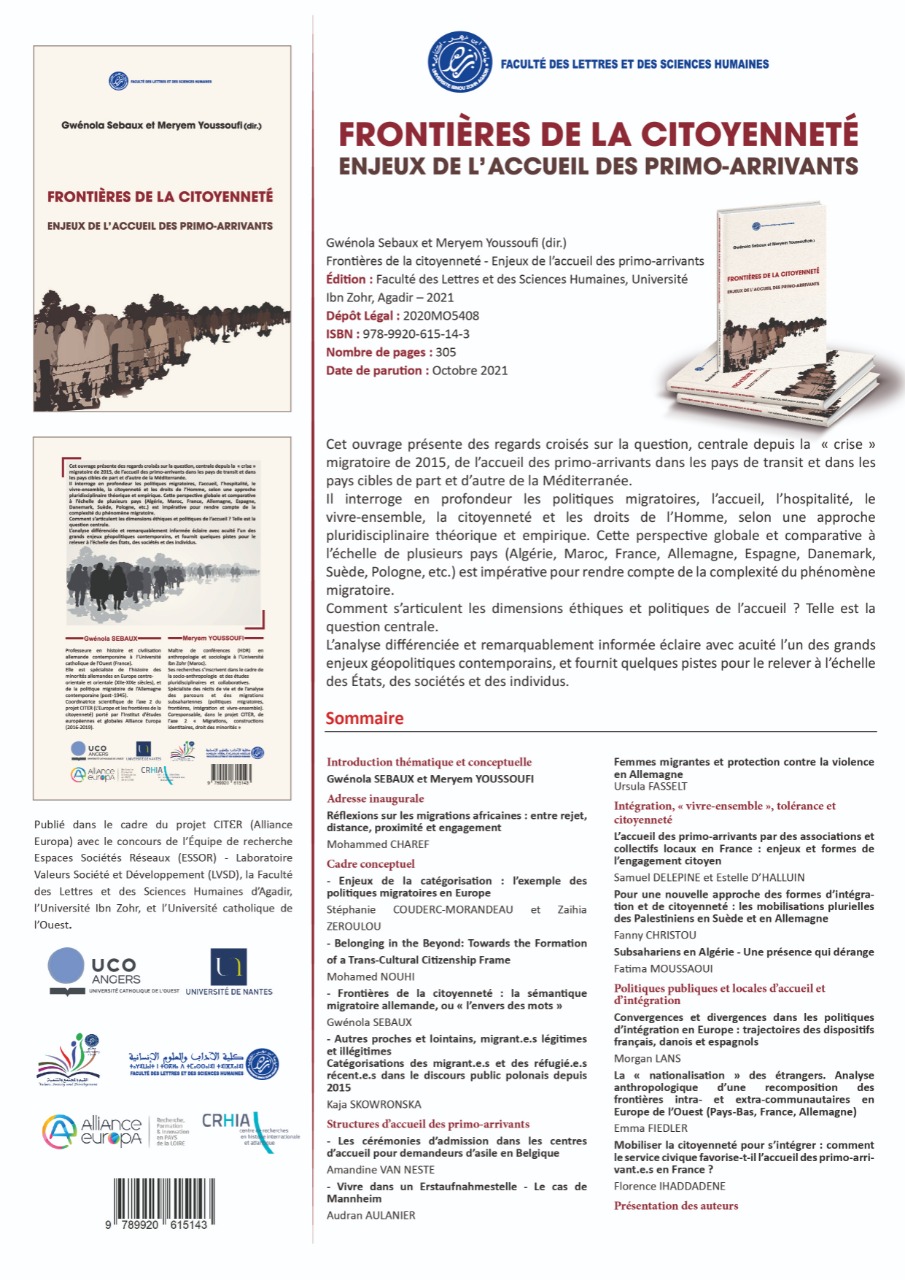
The CITƐR project is proud to announce the publication of its new book “Citizenship issues – welcoming newcomers”, published by Presses Universitaires Ibn Zohr (Agadir), co-directed by G. Sebaux and M. Youssoufi.
Selected within the framework of the Research call for projects of the Alliance Europa Institute for European and Global Studies, the CITƐR project (Europe and the borders of citizenship) benefits from a support for a 5 years period. As a reminder, the project’s goal is to renew the issues of European citizenship by approaching it through the history of its legal, geographical, social and philosophical margins in a global and long-term perspective.
The “Citizenship issues – welcoming newcomers” book takes place within the axis 2 of the project :
- Migrations, identity constructions, minority rights : a thinking aiming to enlight the identity constructions from a migratory perspective, in order to move forward the contemporary debate on the redefinition of post-migratory European societies to build the future.
Leaders
Gwénola Sébaux
Professor of German Civilization - 3L.AM (EA 4335) - Catholic University of the West
Gwénola Sebaux has a doctorate in Germanic studies and is Professor of German civilisation at the Catholic University of the West. She is a specialist in German migration history and policy.
She heads the LÉMIC research team (Littératures-Étrangéité-Mutations-Identités culturelles). She is a member of the Franco-German Committee of Historians.
Her research focuses on German minorities in Central and South-Eastern Europe and the former USSR, and on migration and post-migration policy in contemporary Germany. She has devoted a significant part of her work to the Aussiedler, and to the analysis of the political and socio-cultural roots of these exogenous German population movements in the 20th century. Her research also focuses on the rhetoric and practices of memory, and on identity phenomena in the post-colonial and post-migration context.
Gwénola Sebaux was one of the coordinator of Alliance Europa’s Research Axis 2 “Plural societies and identity building”, and co-leader of the research project “CITER – Europe and the borders of citizenship”.
She is currently co-leading the research network Citizenships and identifications in Europe (CITIDEN).
http://recherche.uco.fr/chercheurs/mme-sebaux-gwenola-6530.kjsp?RH=SITE3_RP4-FR
http://www.historikerkomitee.de/
CRHIA
The Center of Research on International and Atlantic History (EA 1163 – Universities of Nantes and La Rochelle) is one the major historical research centers in Western France, accredited by the Ministry of Higher Education and Research under the 2017-2021 five-year contract.
This laboratory bring together researchers in ancient history, medieval history, modern history, contemporary history, litterature and languages. It gathers 151 members (48 tenured teacher-researchers, 9 professor emeritus, 3 other researchers, 4 post-doc, 80 PhD students and 7 administrative and technical staff) and 90 associate researchers around a common theme : “From the world to the Atlantic, from the Atlanic to the world : modalities, spaces and players of international changes from Antiquity to the present day.
http://www.crhia.fr/
Félicien Lemaire
Professor of public law - Director of the Jean Bodin Centre - University of Angers
As Professor of public law at the University of Angers, his teaching focuses on constitutional law, the law of fundamental freedoms, constitutional litigation and European constitutional justice. His research topics mainly concern constitutional law through issues regarding the sovereignty of the State, the indivisibility of the Republic, the self-determination of peoples and their identity and the law of fundamental freedoms, in particular discrimination and the principle of non-discrimination.
Félicien Lemaire was one of the coordinator of Alliance Europa’s Research Axis 2, “Plural societies and identity building”, and co-leader of the research project “CITER – Europe and the borders of citizenship in Europe”.
He is currently co-leading the research network Citizenships and identifications in Europe (CITIDEN).
Stéphanie Morandeau
Human and Social Sciences Engineer - Law and Social Change (CNRS/UMR6297) - University of Nantes
A doctor of Philosophy and Engineer at the CNRS, her work focuses on 19th-century republican philosophy, its ideologies, its currents (positivism, anti-colonialism), and its relationship to European colonial policy. It also covers post-colonialism, identity issues and citizenship processes in Europe.
Stéphanie Morandeau was one of the coordinator of Alliance Europa’s Research Axis 2, “Plural societies and identity building”, and co-leader of the research project “CITER – Europe and the borders of citizenship in Europe”.
She is currently coordinating the research network Citizenships and identifications in Europe (CITIDEN).
https://www.univ-nantes.fr/stephanie-morandeau
Clément Thibaud
Professor of Contemporary History -CRHIA - University of Nantes from 2004 to 2017. A historian, Clément Thibaud was elected in 2017 to an EHESS directorate of studies entitled "Politics and Societies of Latin America. A Republican moment between empires and nations (1750-1900)".
Clément Thibaud is a specialist in the Atlantic history of the Iberian world, with a particular interest in the construction of modern democratic systems through Euro-American circulation and the integration of minorities in citizenship in a historical perspective. He is the initiator of a major regional project, devoted to the construction of legal and social status linked to colour and race (STARACO). He worked for the French Ministry of Foreign Affairs as an expert on scientific cooperation with Latin America (and a member of the scientific committee of UMIFRE, which brings together the two French research institutions in Latin America). Clément Thibaud is also Secretary General of the Association of Contemporary Historians in Higher Education and Research.
Clément Thibaud was one of the coordinator of Alliance Europa’s Axis 2 “Plural societies and identity building” and co-leader of the research project “CITER – Europe and the borders of citizenship”.
More information
Nantes University
Nantes University offers courses from bachelor’s to master’s degrees and excellence research projects concerning Europe in a wide range of disciplines in the humanities and social sciences.
It is home to the Institute for European and Global Studies, which implements the Alliance Europa programme.
https://www.univ-nantes.fr


